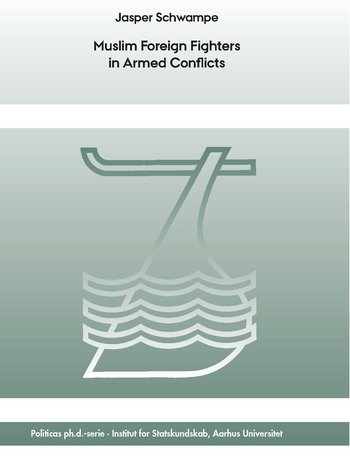Jasper Schwampe
Muslim Foreign Fighters in Armed Conflicts

Research on Muslim foreign fighters has proliferated in recent years. Yet, certain aspects of the phenomenon evade scholarly attention. Researchers focus on radicalization pathways and the risk of foreign fighters engaging in terrorism after their return. However, we know little about foreign fighters’ activities, objectives, and relationships in the conflict theatre. Focusing on the latter, my thesis addresses the following question: How do foreign fighters interact with locals during armed conflict? To explore this issue in a systematic manner, I conceptually distinguish between foreign fighters who join local groups and self-directed foreign fighter groups that preserve their autonomy. I highlight that the latter are not subservient adjuncts to local groups but pursue independent objectives and strategically use their resources to influence the local population and local militant actors. Accordingly, I argue that from the perspective of local insurgent leaders, foreign fighter groups often appear as seriously divisive forces. My research relies on different types of data that I analyze in a multi-methods framework. Focusing on the foreign fighter groups Katibat El-Mudzahid during the War in Bosnia and al-Khattab’s group during the Chechen Wars, I conducted 50 in-depth interviews with former jihadists, combatants, and civilians. Based on extensive archival research as well as open-source data, I furthermore constructed an original disaggregated dataset that makes it possible to quantitatively study local mobilization into foreign fighter groups during the War in Bosnia. My dissertation will be of interest to researchers and students of civil wars, terrorism, and political violence.
![]() Ophavsretten tilhører Politica. Materialet må ikke bruges eller distribueres i kommercielt øjemed.
Ophavsretten tilhører Politica. Materialet må ikke bruges eller distribueres i kommercielt øjemed.